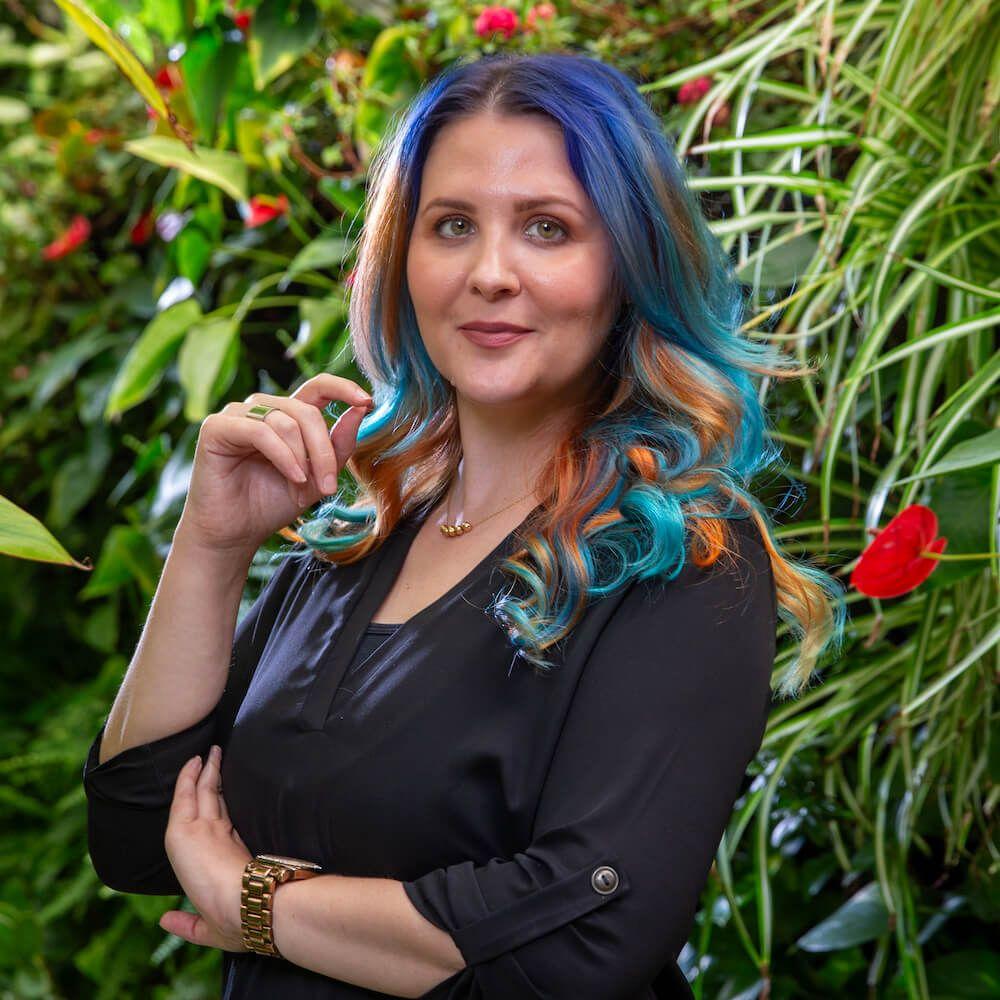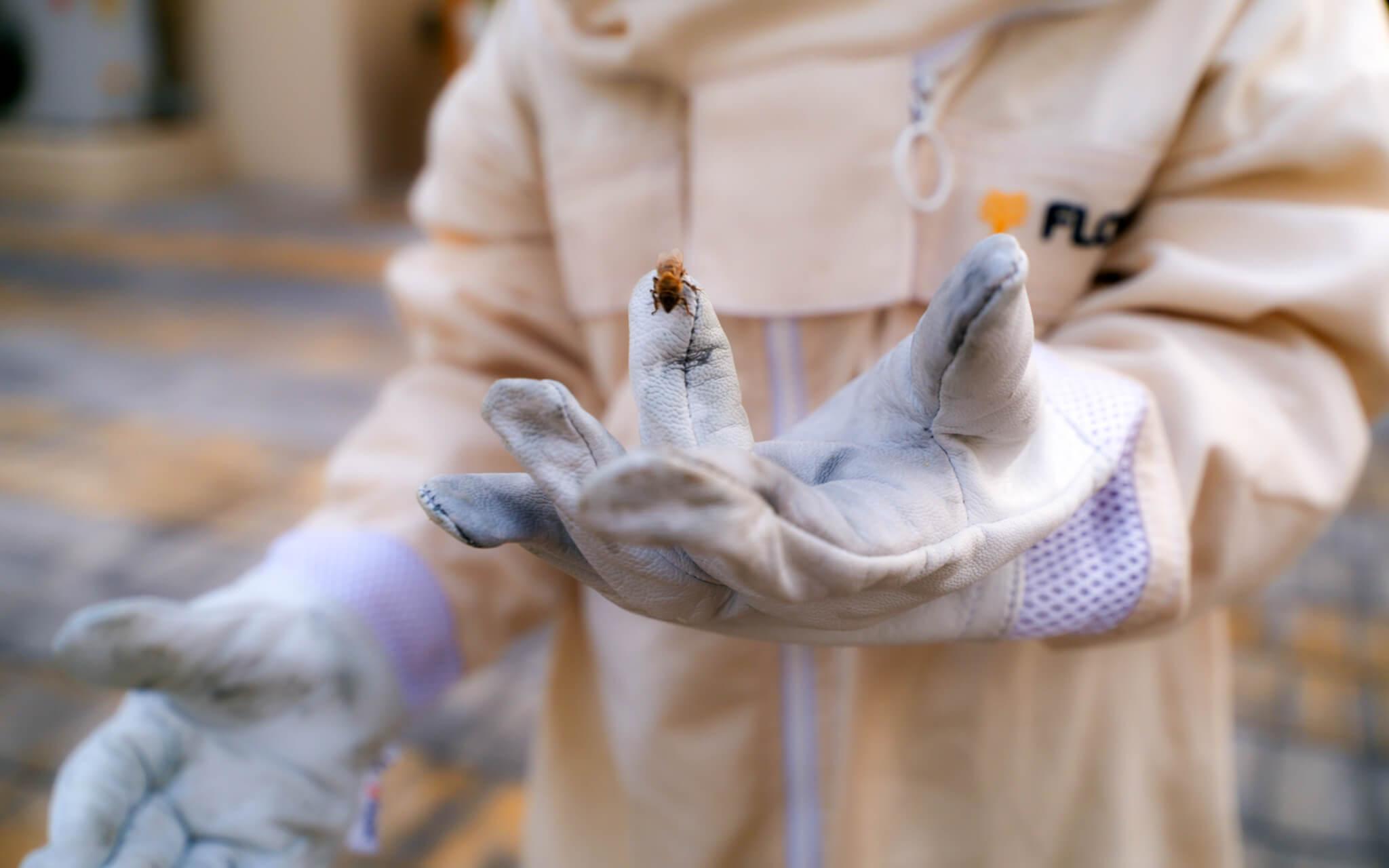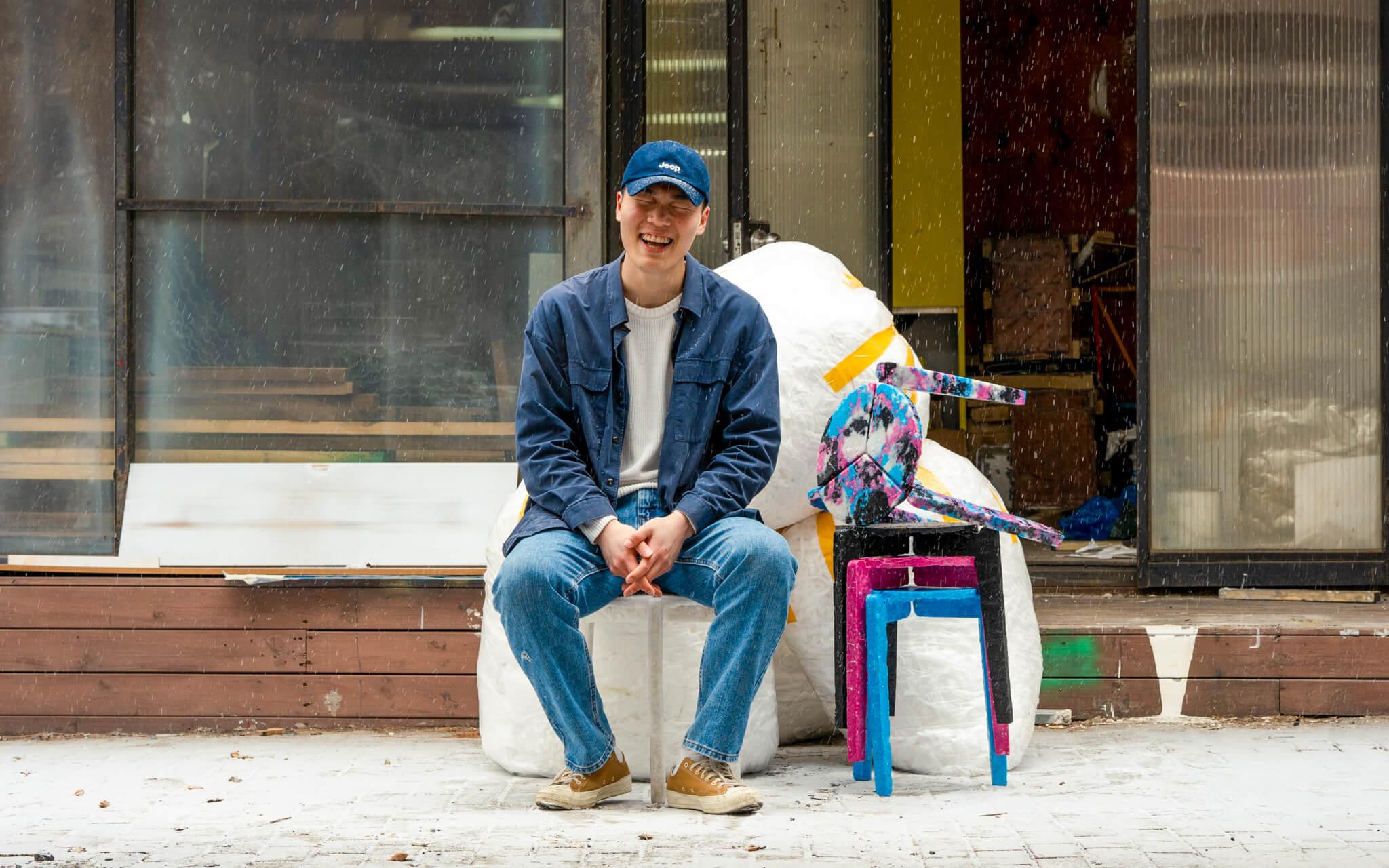A Beginner’s Mindset for the World of Tomorrow
Probable Futures shares climate science with the world, bringing high-quality engaging articles and infographics to beginners and experts alike.
Alison Smart, Managing Director for Probable Futures, credits Rolling Stone with her environmental awakening. An aspiring vocalist, the magazine’s focus on pop culture first brought climate change to her attention. “At the time, the message was, ‘We think that this is the case, but scientists aren't 100% sure,’” she recalls.
“I remember listening to NPR years later, and one of the IPCC reports came out. It was the first one that said, ‘Unequivocally the earth is warming, and humans are causing it,” Alison says (imagine a bleep here – her initial reaction to the news was a bit of appropriate profanity).
She continues, “‘It’s here. It’s real,’ I thought. How am I going to interact with this issue?” Today, as climate change looms on the horizon, many are wondering the same thing.
Probable Futures is a non-profit climate literacy initiative based in the United States. It takes complex climate science—data, maps, and peer-reviewed studies—and turns it into accessible information. Designed for governments, businesses, and individuals who don’t have a scientific background but need relevant scientific data, Probable Futures shares engaging and high-quality resources for all.
A task that’s trickier than it seems since, according to Alison, crafting captivating reads isn’t the science world’s forte: “Scientists are oriented to explore and push boundaries. They're not focused on taking what's already known and translating it so that people understand it.”
And so began Probable Futures’ mission to reach the masses by democratising climate science. “For 40 years, scientists have been building this library of information that can be very useful. In particular, they've been building climate model data that tells us a lot about what the future would be like in a warming world at a very granular level.”
And if all that sounds like it might soar over your head, there’s no need to worry. Alison smiles, “Only a small slice of even the climate science community knows how to access and use that climate model data,” she says.
Alison’s ability to turn complex, unapproachable information into engaging stories brought her into the climate sphere in the first place. Originally a museum director, she was approached by the Woodwell Climate Research Center. " They were interested in my background in the arts because climate scientists at the time recognised that they needed help from people outside of their discipline to share it in a way that would resonate with normal people like me.”
She muses on the challenges of bringing such crucial and yet, at times, overwhelming information to the general public. “When I first joined Woodwell, I would ask questions that I thought, ‘Well, this is a stupid question,’ and sometimes the scientists would say, ‘Gee, I hadn't thought about that before.’ I started to see how valuable that beginner's perspective was.”
With her extensive knowledge of environmental science, I’m curious to know the most significant fact she’s learned since joining Probable Futures. Without hesitation, she says, “The context for climate change is civilisation.”
She explains that for much of human history, humans have been nomadic hunter-gatherers with a climate that oscillated between glacial and interglacial periods. About 12,000 years ago, villages and cities began to form and agricultural practices led to greater health, allowing us to become the complex society we have today.
“Climate stability is a precondition for civilisation—it's assumed in every aspect of our lives,” she says. “The buildings we sit in are designed for the region's climate. City storm sewers are built for specific levels of precipitation. Even cultural practices like ‘summer vacations’ or seasonal sports are tied to internalised climate stability.”
This begs the question, what happens when we move into unpredictable and precarious swings of natural disasters and extreme weather?
“Climate change isn’t just about warmed temperatures; it’s about instability,” she answers. “We’ve never maintained civilisation in a changing climate before.”
From disaster relief to urban planning to agricultural development and the corporate world, climate change will impact all aspects of industry and daily life—it’s inevitable. “It's a paradigm shift. We're going to need new skills, tools, sensibilities, mindsets, and values to live in this new paradigm,” Alison says.
As Probable Futures' work reaches across industry lines and global borders, how do they engage leaders on an issue that’s still considered controversial to some? Alison shakes her head. “We try not to bring shame into the conversation at all.” Instead, they start talking about the weather.
“It's the most natural topic of conversation, and it's hard to argue with,” she says. From there, they lead discussions on material loss and risk assessment, incorporating scientific data throughout.
But understanding, Alison says, breeds hope.
I’ve found that getting into the science and seeing how things are going to change and how we can prepare is an antidote to climate anxiety. It creates clarity.
“Anxiety is a nebulous thing hanging over your head, and you can't identify what to do about it. I’ve found that getting into the science and seeing how things are going to change and how we can prepare is an antidote to climate anxiety. It creates clarity.”
One of the main features of Probable Future’s platform is its extensive maps. Though daunting at first glance, these maps offer a glimpse of specific climate interactions worldwide. Viewers can see atmospheric warming, storm frequency, and rising temperatures; all organised around warming scenarios. This exact and highly detailed information highlights the speed at which climate change occurs.
Surprisingly, these maps are one more locus of hope for Alison: “If we are able to seriously slow climate change down, that will be a very good thing.”
Probable Future’s solution for humanity lies in its name. These predictive models help everyone, from those planting summer tomatoes to those developing the cities of tomorrow, to make better choices and envision new methods and innovations.
And where to start?
“Go to probablefutures.org and start on the stability page,” she says. “Even if that's the only thing you ever look at or read, it will be very clarifying to think about climate change from there on out.”
Most Popular
The Climate Tribe delivers stories about Biodiversity and Conservation, Circular Economy, Food and Water , and how they intersect with climate.
Subscribe
Get the latest stories inspiring climate action around the globe straight to your inbox.






